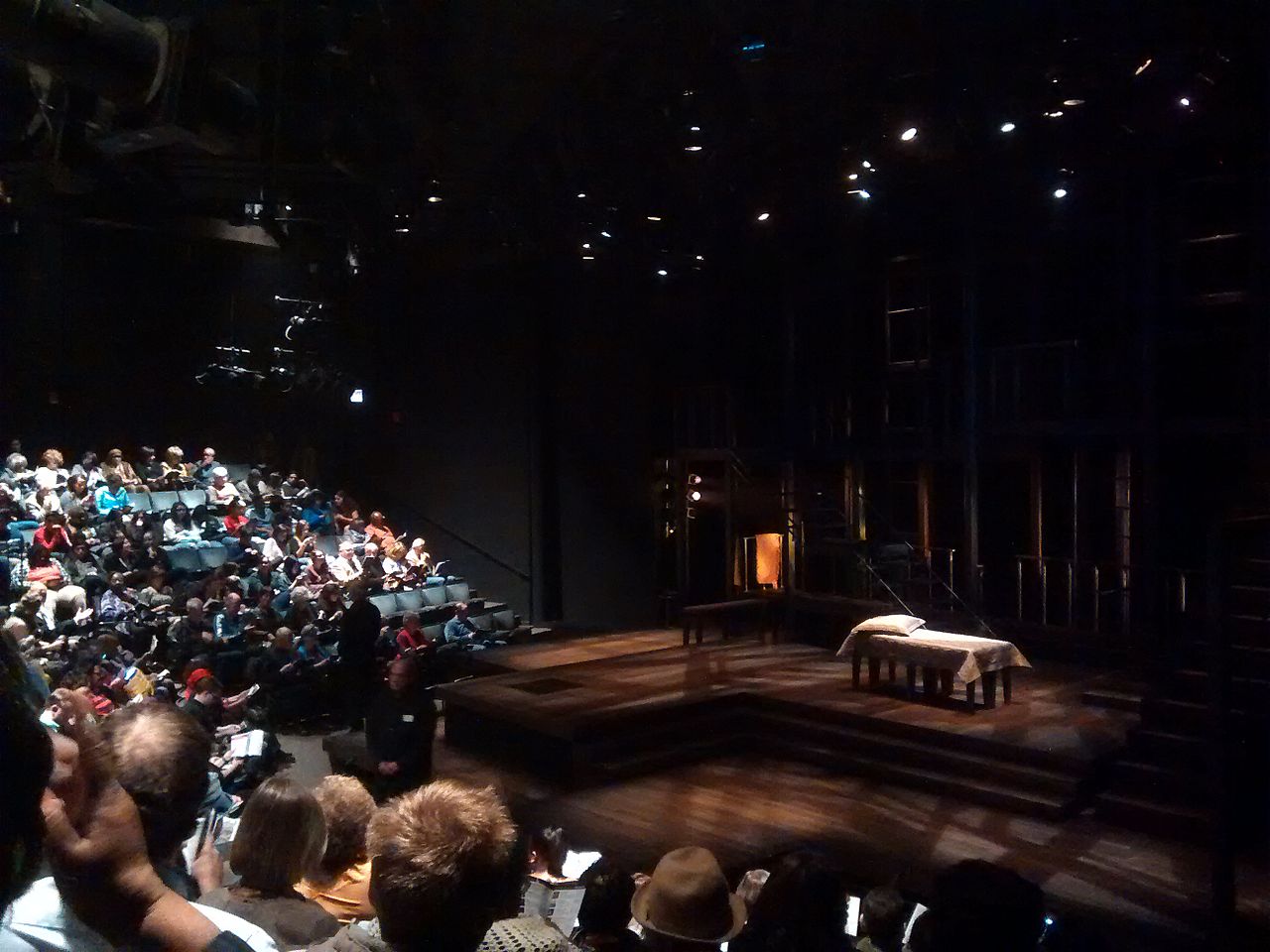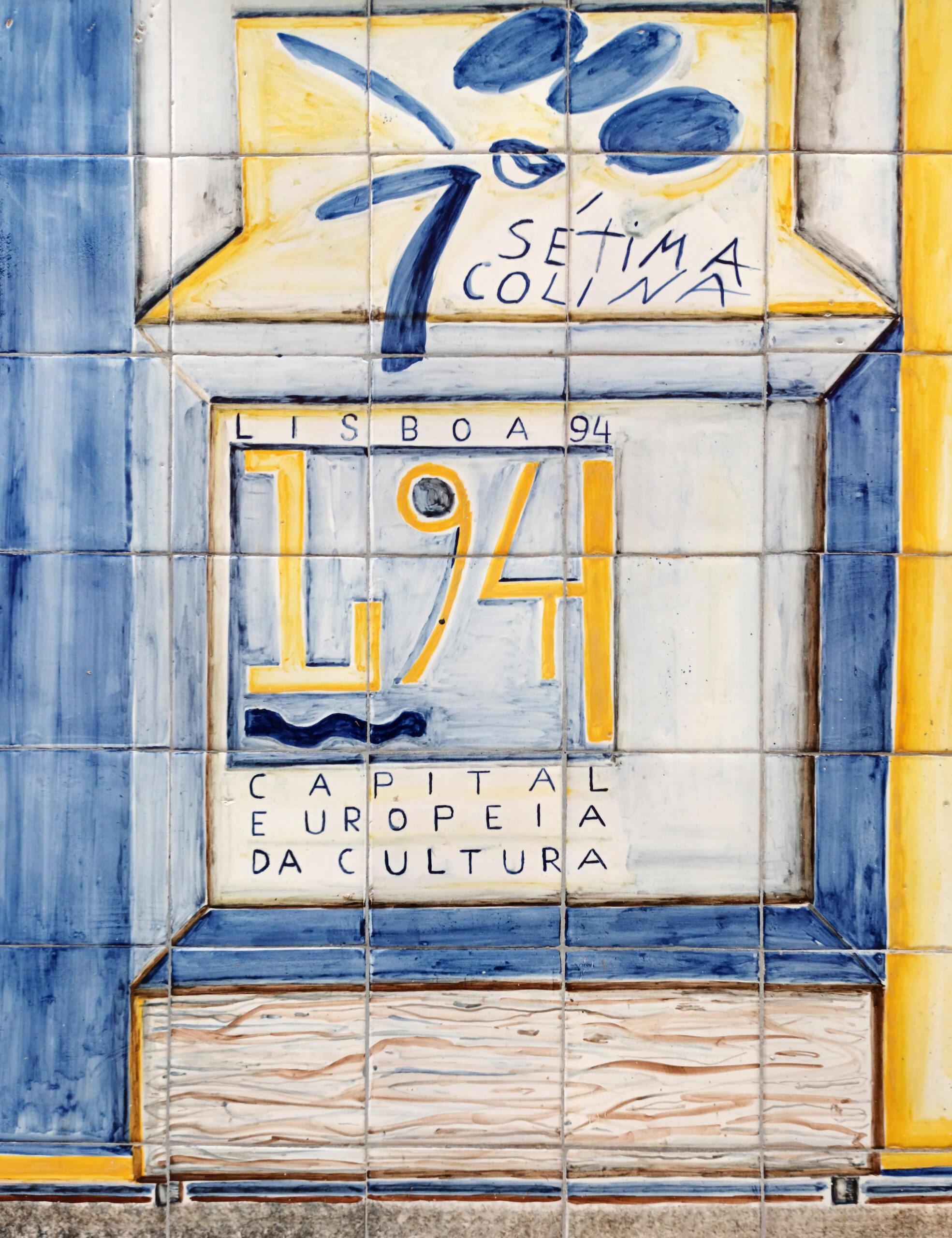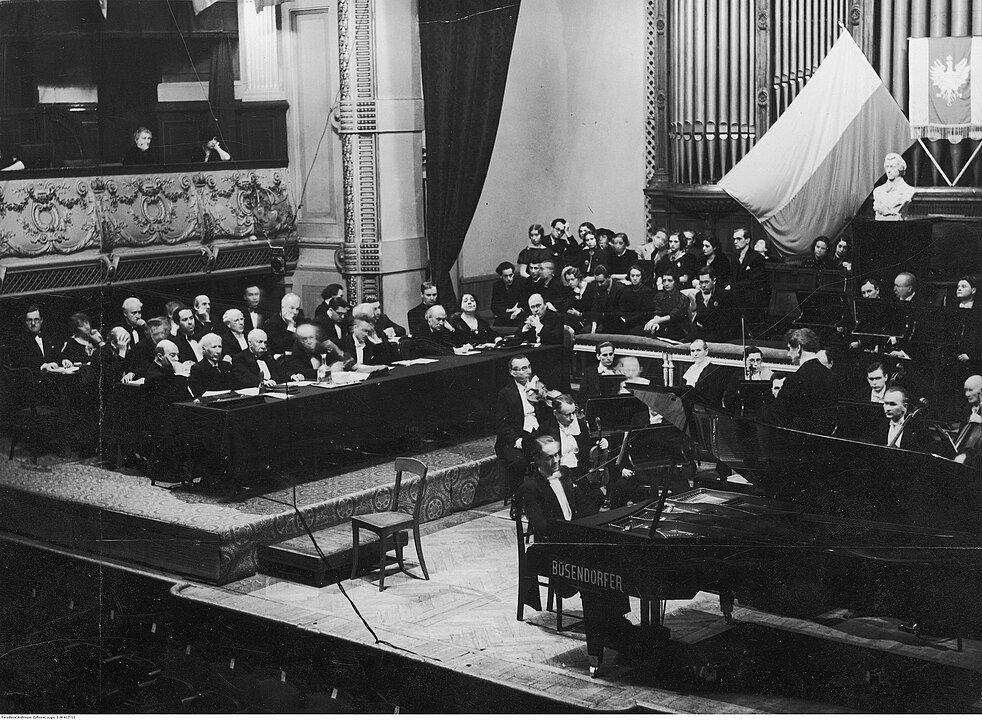By Miguel Neiva and Ellen Loots
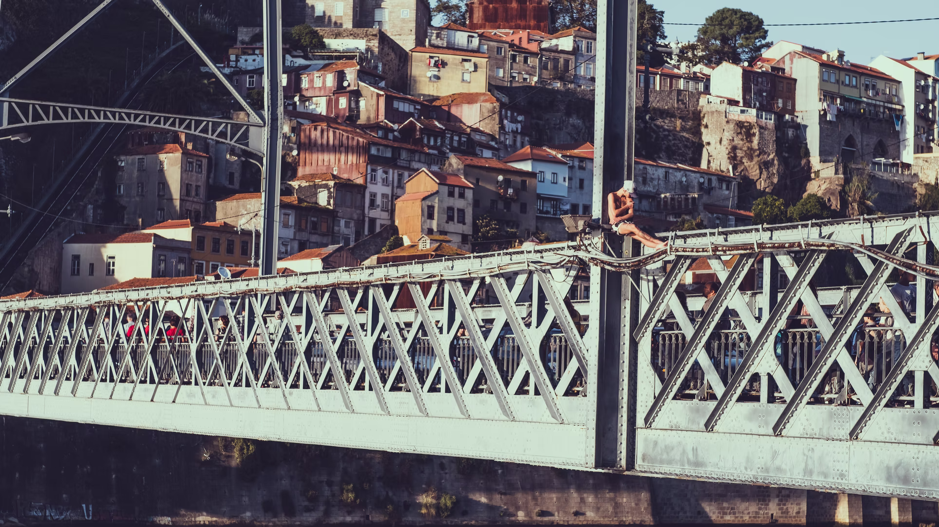
The ‘ecosystem’ notion is finding its way in the economic, management and policy literatures. In fact, in entrepreneurship, the entrepreneurial ecosystem is a well elaborated concept. By means of an analysis of the sub-ecosystem of the cultural and creative industries (CCIs) in Porto, we explain how cultural, social and material aspects, also in their interactions, have led to the development of the entrepreneurial ecosystem (EE) of this medium-sized city since it became a European Capital of Culture in 2001.
Entrepreneurial (sub-)ecosystem framework
An entrepreneurial ecosystem has been defined as “a set of interdependent actors and factors (cultural, social, and material) coordinated in such a way that they enable productive entrepreneurship within a particular territory” (Stam & Spigel, 2016). Its scope are entrepreneurs rather than firms as its core actors, and it is “fed” (supported) rather than “led” by policymakers (top-down) and other influential actors (bottom-up). Applying such a systemic perspective to entrepreneurship in the CCIs including the arts, design, advertising, entertainment, and some areas of digital content creation, is uncommon yet useful. It provides a framework to scrutinize how urban development and policy dimensions influence the sub-ecosystem of CCIs over time.
Figure 1: Conceptual framework of an entrepreneurial sub-ecosystem
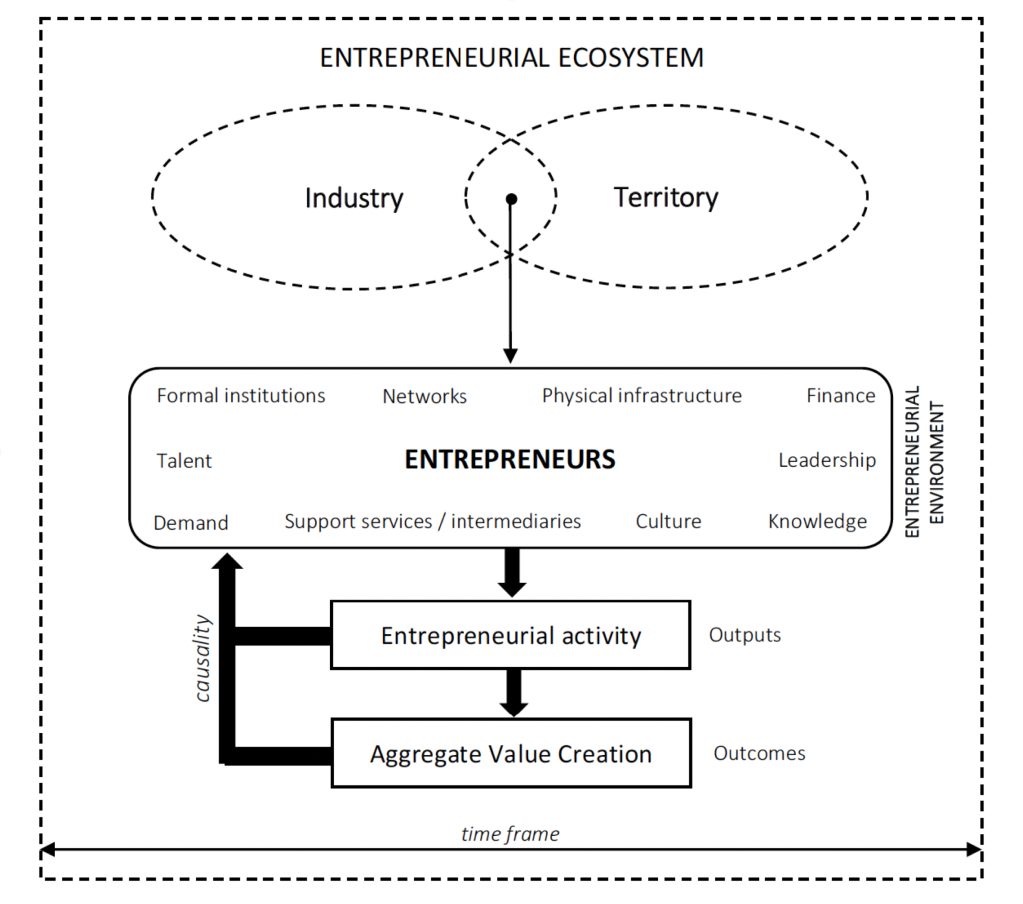
Source: own elaboration, adapted from Stam (2015)
Applying an EE-framework to study the development of the sub-ecosystem of CCIs in a place qualifies as a qualitative, integrative alternative for various types of impact studies that seek to acknowledge the economic potential of CCIs, as well as, their roles in processes such as urban regeneration. Using this approach in the case study context of Porto (Portugal, 215,000 inhabitants; 1.67 million in the metropolitan area), made us understand how an EE supporting CCIs formed and evolved over a period of more than 15 years (2001–2018).
Porto’s entrepreneurial ecosystem of Cultural and Creative Industries
The interplay between cultural, social, and material attributes in Porto contributed to the formation of an EE supporting CCIs, particularly as entrepreneurial activity co-evolved along with an increasingly favourable local context.
At the early stage of its development, the EE was largely characterized by formal and informal collaboration networks. Resources like talent (the available human capital for actual and potential entrepreneurial activities, collaborations or partnerships) and demand (the quantity and nature of consumers, or, in cultural terms, audiences, visitors, clients) were key.
The financial crisis of 2008/2009 was an external shock to the EE. Synergies and exchanges between entrepreneurs emerged in an organic manner, while the EE benefited from the previously improved physical infrastructure (urban rehabilitation, the new subway system, and Casa da Música as a cultural landmark) and support and intermediation services. In the years that followed, leadership (change of the ruling mayor in 2013), universities and unused real estate benefited the sub-ecosystem of CCIs.
The latest urban dynamics have had an ambiguous effect on Porto’s CCI sub-ecosystem. On the one hand, they are positively contributing to economic growth and new demand. The local economy grew from 2013 to 2019 at annual rates of 4%–5%, much above the national and European average. At the same time, the city became a popular tourist destination, with the number of people arriving at its airport growing by 140% from 2007 to 2017 (exceeding 5 million in 2017). On the other hand, property ownership doubled in price leading to high costs for CCI entrepreneurs (as well as inhabitants). It is well-known that, despite their contributions to the initial rehabilitation of urban areas, artists and creative entrepreneurs are later generally driven away because of an influx of wealthier residents and rising property prices.
Porto is representative of the dynamics of CCI entrepreneurship in second-tier, medium-sized cities that lack the resources of major cities, like capitals. While Lisbon is characterised by a large service sector, the area around Porto is renowned for its industrial production, benefiting CCIs. For example, for over two decades now, Porto and its surroundings have experienced a revival of furniture, footwear, and textile-manufacturing, reliant on the country’s artisanship and production traditions. Also major cultural events held in and around Porto, the 2008 economic crisis and the increasingly sophisticated consumption patterns of new groups of city users (workers in high-tech, students and tourists) had an impact on the development of the city. A major strength of Porto’s CCI sub-ecosystem—and a precursor to its development—can be very much linked to interpersonal exchanges, in line with Spigel´s (2017) cultural and social attributes. Hence, the resource constraints during the birth of Porto’s EE for CCIs activated a strong, supportive culture amongst creative entrepreneurs, putting in motion various transactions in which human (skills, talent) and social capital (contacts) were exchanged and converted into entrepreneurial value. A key material attribute supporting the nascent EE was the presence of available physical space at a price-point that was affordable.
Entrepreneurial ecosystem research
For the study of Porto, secondary data including policy and industry reports, news articles, press releases, were triangulated with evidence from in-depth, semi-structured interviews with key informants: old and new entrepreneurs in different CCI segments, not-for-profit associations, policymakers, representatives of industry associations and local experts. The interviewees were asked about: (1) the interdependence of entrepreneurs and the elements of the urban and regional environment, (2) their individual and collective performance over time, (3) the roles of policy and (4) the sustainability of the EE.
The study leads to conclusions:
- The framework of the entrepreneurial ecosystem functions well when examining sub-ecosystems beyond high-tech and high-growth activities, namely cultural and creative industries.
- The relatively recent emergence of CCI-entrepreneurship enabled us to reliably trace back and reconstruct its evolution.
- Studying EEs through an urban lens sheds light on a number of dimensions (e.g., local demand dynamics, competition for physical space, gentrification, and policy focused on high-tech industries) that affect their growth and sustainability over time.
- EE frameworks could be opened up to forms of collective achievement that do not strive for growth or financial success, but can nevertheless be regarded as productive entrepreneurship.
- Finally, EE frameworks are promising for the study of minority entrepreneurs who may have other visions of success and act on place-based needs and community wellbeing.
About this article
Loots, E., Neiva, M., Carvalho, L., & Lavanga, M. (2021). The entrepreneurial ecosystem of cultural and creative industries in Porto: A sub‐ecosystem approach. Growth and Change, 52(2), 641-662.
About the authors
Ellen Loots is an assistant professor in cultural economics and entrepreneurship at Erasmus University, Rotterdam.
Miguel Neiva is Technical Project Coordinator at the Berlin International Film Festival.
About the image
Tj Holowaychuk (2016) Porto (Unsplash license)
